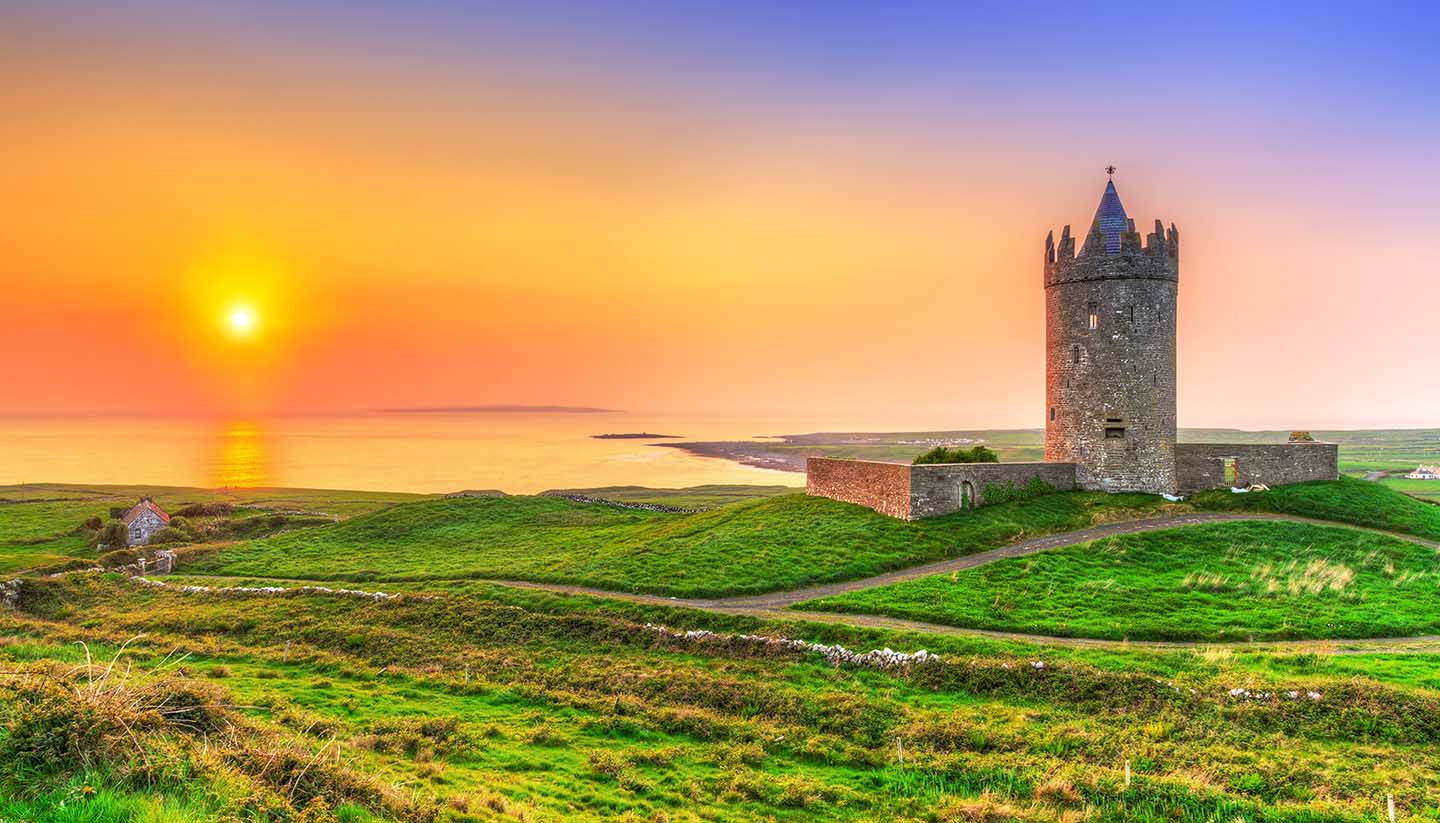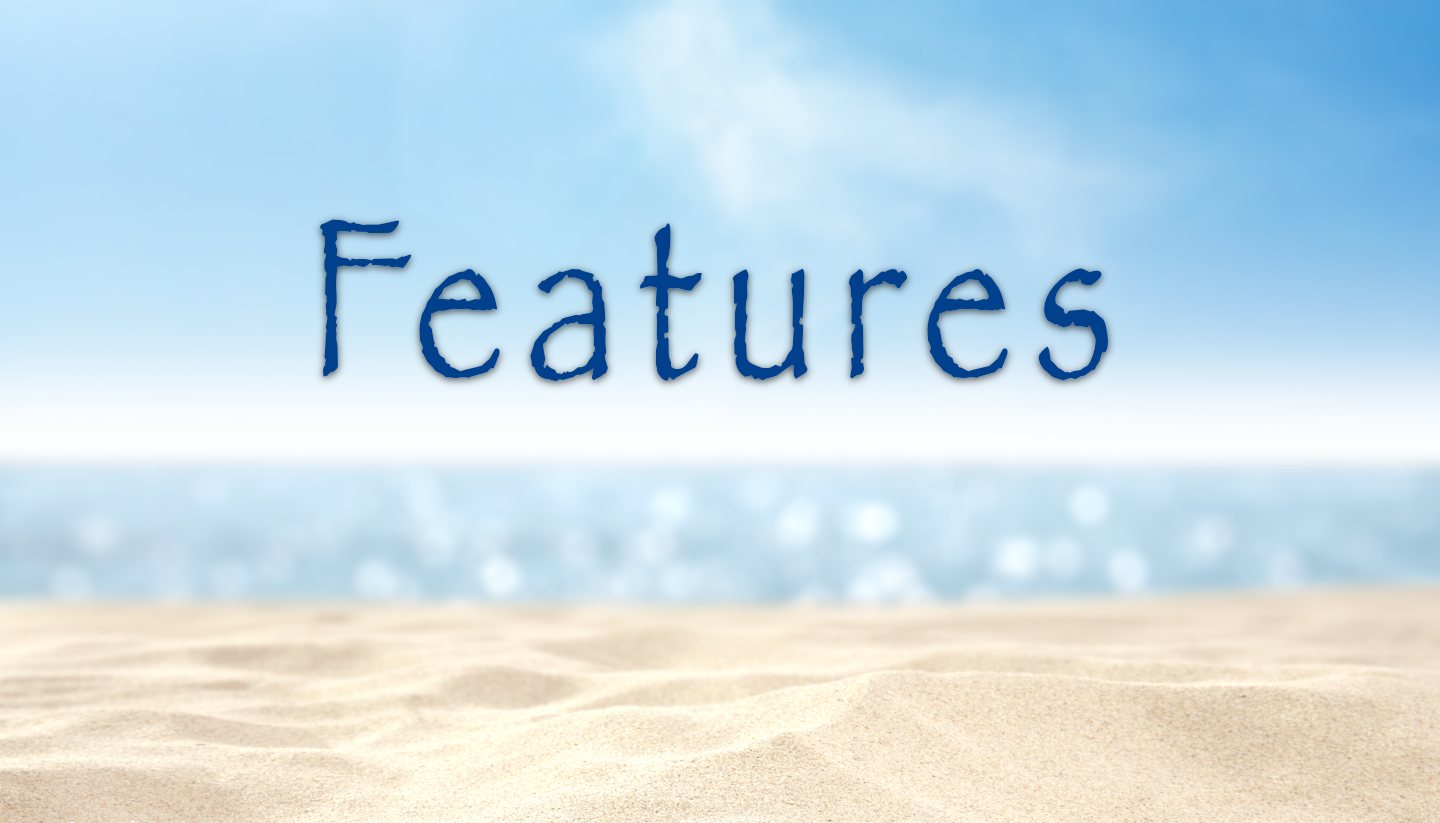Money and duty free for Ireland
Currency and Money
Currency information
Euro (EUR; symbol €) = 100 cents. Notes are in denominations of €500, 200, 100, 50, 20, 10 and 5. Coins are in denominations of €2 and 1, and 50, 20, 10, 5, 2 and 1 cents.
Credit cards
American Express, MasterCard and Visa are all widely accepted. ATMs are available everywhere, catering for Cirrus and Maestro symbols.
ATM
ATMs are available everywhere, catering for Cirrus and Maestro symbols.
Travellers cheques
Accepted throughout Ireland. To avoid additional exchange rate charges, travellers are advised to take traveller's cheques in Euros, Pounds Sterling or US Dollars.
Banking hours
Mon-Fri 0930-1630. In Dublin, banks stay open Thurs until 1700; there are also late opening nights in other parts of the country, but the day will vary.
Currency restrictions
There are no restrictions on the import or export of local or foreign currency. However, amounts exceeding €10,000 or equivalent must be declared if travelling from or to a country outside the European Union.
Currency exchange
Available in banks, airports and bureaux de change.
Ireland duty free
Overview
Ireland's duty-free allowance for travellers arriving from within the EU:
Travellers (aged 17 and over) arriving from other EU countries can bring in most goods without paying additional duty or tax, provided these goods are for personal use. However, there are indicative limits for certain products:
• 800 cigarettes or 400 cigarillos or 200 cigars or 1 kg of smoking tobacco.
• 10 L of spirits or 20 L of fortified wine.
• 90 L of wine (60 L of which can be sparkling).
• 110 L of beer.
Ireland's duty-free allowance for travellers arriving from outside the EU:
If you are arriving from a non-EU country, the following goods may be imported into Ireland by travellers over 17 years of age without incurring customs duty:
• 200 cigarettes or 100 cigarillos or 50 cigars or 250g of tobacco. You may combine these tobacco products provided the total limit is not exceeded.
• 1L of spirits over 22% alcohol by volume or 2L of alcoholic beverages less than 22% alcohol by volume, or a proportional combination of these two categories.
• 4L of wine.
• 16L of beer.
• Other goods up to the value of €430 (reduced to €215 for travellers under 15).
Banned Imports
Banned imports include illegal drugs (including cannabis and CBD products), offensive weapons, indecent or obscene material, certain foodstuffs (meat and dairy products from non-EU countries are generally prohibited to prevent the spread of diseases), protected species, and counterfeit goods.
There is a ban on the import of the following goods from the Russian Federation into the EU: diamonds, gold, jewellery, cigarettes, cosmetics, seafood (e.g. caviar), spirits (e.g. vodka), shoes, clothing and smartwatches.





